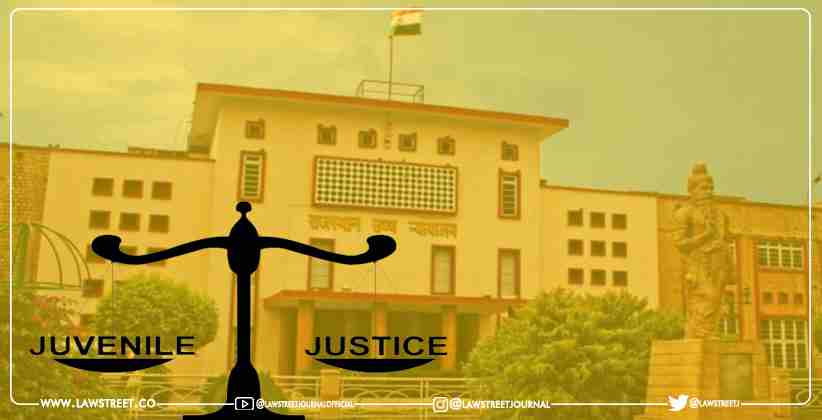The Jodhpur Bench of the Rajasthan High Court has stated that it is not obligated to provide the complainant with an opportunity of hearing while deciding upon a bail plea of juvenile accused under the Juvenile Justice Act, 2015.
Justice Sandeep Mehta observed that the provisions of the Juvenile Justice Act indicate that the legislation does not direct the Courts to hear the complainant either at the trial stage, the appellate stage, or the revision stage, while adjudicating upon an application for bail of a juvenile accused who falls within the definition of a child alleged to be in conflict with law.
The court was hearing a revision petition seeking bail for a young boy, aged less than 16 years. He had been lodged in the Child Observation Home, Dungarpur for the alleged commission of offences under Sections 341 and 395 of the Indian Penal Code. His bail application had been rejected before by the Principal Magistrate of the Juvenile Justice Board, Dungarpur as well as by the Special Judge, Children Court (Sessions Judge and Children Human Protection Act), Dungarpur.
The Public Prosecutor had raised a preliminary objection that the plea cannot be heard without giving notice to the complainant.
Justice Mehta observed that bail to an accused is an extension of the Fundamental Right of liberty guaranteed under the Article 21 of the Indian Constitution. The judge further remarked, it seems that without any basis, a practice has been adopted of impleading the complainant as a party in a revision for bail of a juvenile under Section 102 of the Juvenile Justice Act.
The Court, accordingly, granted bail to the juvenile accused on the condition that his natural guardian would furnish a personal bond and sign an undertaking that imposes upon him the obligation to ensure that the juvenile accused is kept in a protective environment, away from the influence of habitual offenders.








